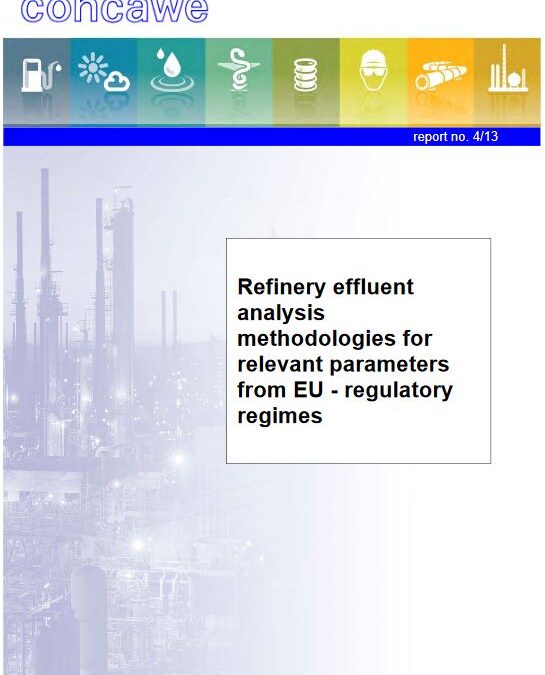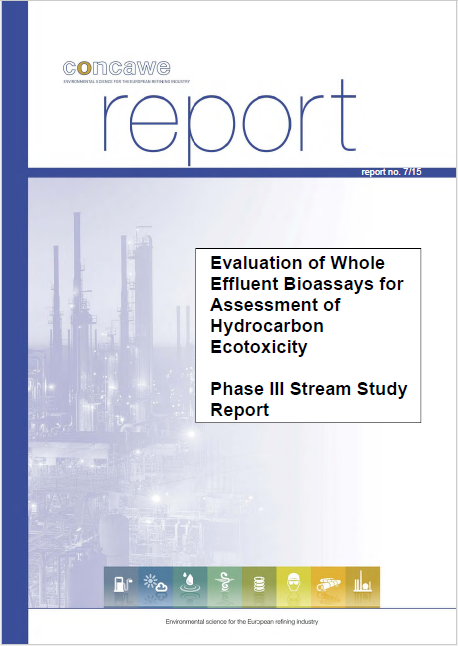

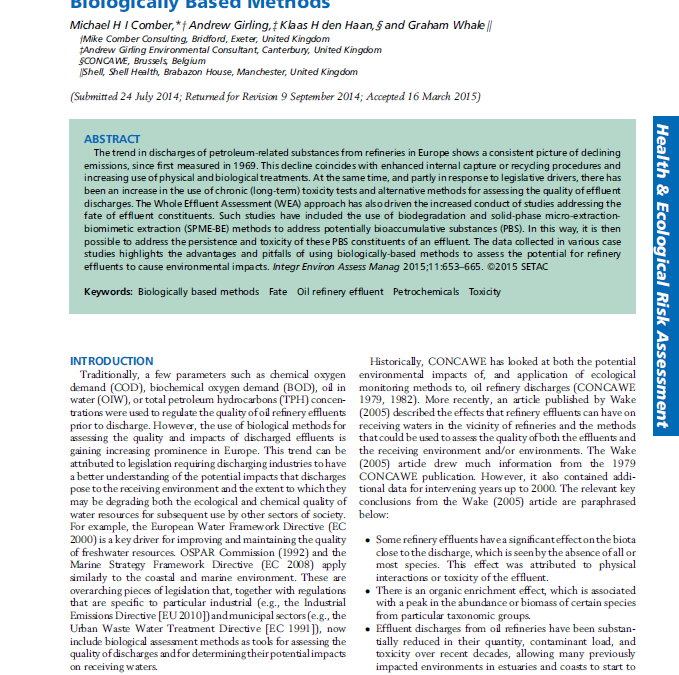
Oil refinery experience with the assessment of refinery effluents and receiving waters using biologically based methods
The trend in discharges of petroleum‐related substances from refineries in Europe shows a consistent picture of declining emissions, since first measured in 1969. This decline coincides with enhanced internal capture or recycling procedures and increasing use of...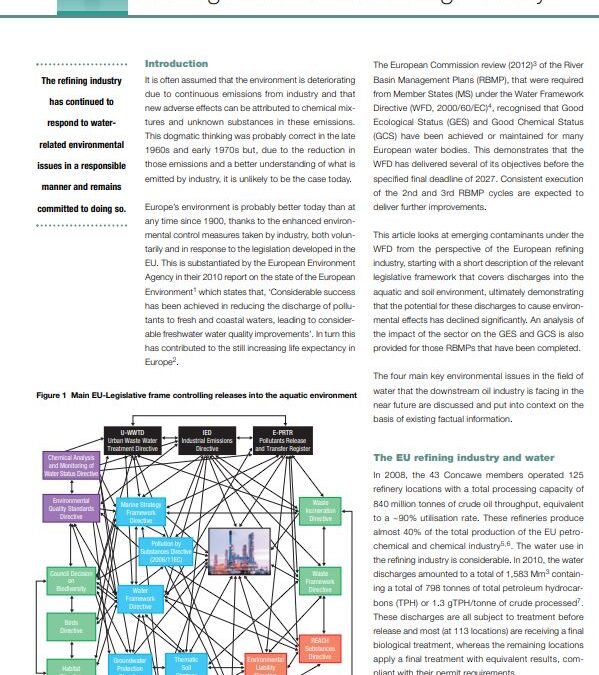
The future of water quality management for the refining industry
IntroductionIt is often assumed that the environment is deteriorating due to continuous emissions from industry and that new adverse effects can be attributed to chemical mixtures and unknown substances in these emissions. This dogmatic thinking was probably correct...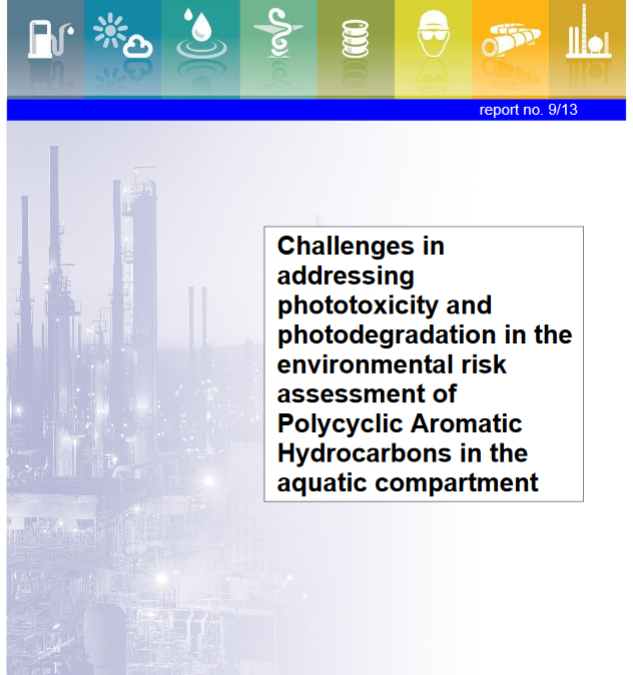
Challenges in addressing phototoxicity and photodegradation in the environmental risk assessment of Polycyclic Aromatic Hydrocarbons in the aquatic compartment
Report no. 9/13: This report summarises how light might interact with Polycyclic Aromatic Hydrocarbons (PAHs) to alter both their environmental fate and their potential to cause adverse effects. The quantification of these changes is complicated due to the...